All Formats & Editions


Douglas: A Tragedy. as It Is Acted at the Theat...
This is a reproduction of a book published before 1923. This book may have occasional imperfections
such as missing or blurred pages, poor pictures, errant marks, etc. that were either part of the original artifact,
or were introduced by the scanning process. We believe...

Douglas: A Tragedy
This is a reproduction of a book published before 1923. This book may have occasional imperfections such as missing or blurred pages, poor pictures, errant marks, etc. that were either part of the original artifact, or were introduced by the scanning process. We believe this...

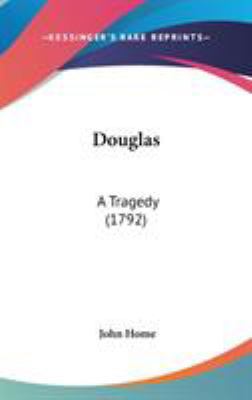
Douglas: A Tragedy (1792)
Douglas: A Tragedy is a play written by Scottish author John Home in 1792. The play tells the story of Lady Randolph, a young widow who falls in love with Lord Douglas, a young Scottish nobleman. However, their love is forbidden due to the ongoing feud between their families...

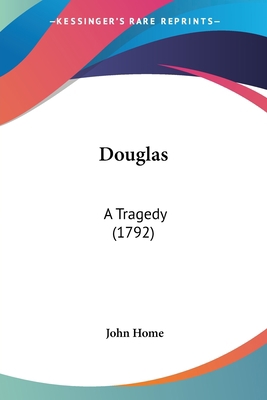
Douglas: A Tragedy (1792)
This scarce antiquarian book is a facsimile reprint of the original. Due to its age, it may contain imperfections such as marks, notations, marginalia and flawed pages. Because we believe this work is culturally important, we have made it available as part of our commitment for...

Douglas; A Tragedy. as Performed at the Theatre...

Douglas: A Tragedy
Douglas - A Tragedy is an unchanged, high-quality reprint of the original edition of 1798. Hansebooks is editor of the literature on different topic areas such as research and science, travel and expeditions, cooking and nutrition, medicine, and other genres. As a publisher we...


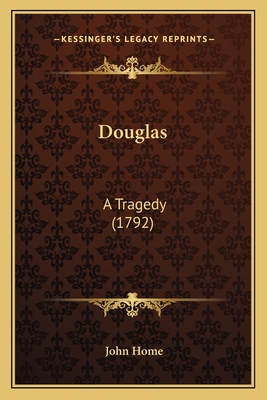
Douglas: A Tragedy (1792)
Douglas: A Tragedy is a play written by Scottish playwright John Home and was first performed in 1756. The play is set in Scotland and follows the story of Lady Randolph, a widow, who falls in love with Lord Douglas, a young Scottish nobleman. However, their love is forbidden...

Douglas: A Tragedy. By Mr. John Home

Douglas: A Tragedy
This work has been selected by scholars as being culturally important, and is part of the knowledge base of civilization as we know it. This work is in the "public domain in the United States of America, and possibly other nations. Within the United States, you may freely...

Douglas: A Tragedy. By John Home, Esq. ...

Douglas, a Tragedy, by John Home
The 18th century was a wealth of knowledge, exploration and rapidly growing technology and expanding record-keeping made possible by advances in the printing press. In its determination to preserve the century of revolution, Gale initiated a revolution of its own: digitization...

Douglas: A Tragedy. as It Is Acted at the Theat...
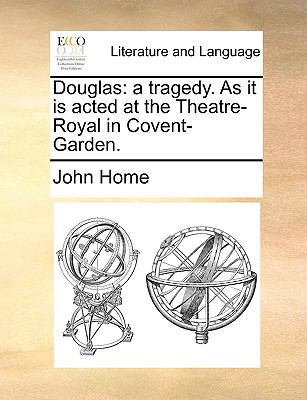
Douglas: A Tragedy. as It Is Acted at the Theat...
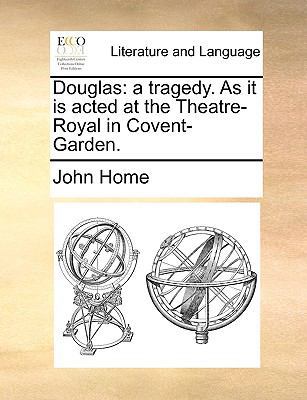
Douglas: A Tragedy. as It Is Acted at the Theat...

Douglas: A Tragedy. as It Is Acted at the Theat...

Douglas: A Tragedy. as It Is Acted at the Theat...

Douglas: A Tragedy as It Is Acted at the Theatr...

Douglas: A Tragedy. as It Is Acted at the Theat...

Douglas: A Tragedy. as It Is Acted at the Theat...




